The Burundian Ministry of Agriculture has announced that it will sell this year’s maize harvest at 2,100 BIF per kilogram through the National Food Security Agency (ANAGESSA). This price is significantly lower than the current market prices, which range from 2,500 to 3,000 BIF, causing concern among low-income consumers struggling with the rising cost of living.
Despite a bumper harvest, with over 71,000 tonnes of maize collected during the latest harvest season, the price of maize has continued to rise in local markets. The Ministry expressed satisfaction with the record amount of maize collected, saying: “This is the first time we have such a large quantity of maize to store for an entire year,” according to a statement released on Tuesday.
However, in Gitega central province, consumers are lamenting the high cost, with prices reaching between 2,800 and 2,900 BIF per kilogram, making it unaffordable for many families. “If you have a large family, how can you afford to buy 10kg of maize with our daily wages that never increase?” said Chantal N., a mother of three from Gitega.
Similarly, in Kayanza northern province, the price of maize ranges between 2,600 and 2,700 BIF per kilogram, with maize flour selling for between 2,800 and 3,000 BIF. Local residents are hopeful that the government’s decision to sell maize at a lower price through ANAGESSA will help reduce market prices.
Merchants have indicated that if they can purchase maize at 2,100 BIF per kilogram, they will sell it at around 2,300 BIF. However, the Ministry’s announcement limits each person to purchasing a maximum of 25 kilograms every two weeks starting from December 19, 2024.
The role of ANAGESSA is to manage food reserves in Burundi, ensuring that sufficient quantities of staple products like maize are available to meet the population’s food needs, especially during times of scarcity. In 2020, significant quantities of maize in storage went to waste, leading to the dismissal of the agency’s then-director general due to “professional misconduct”, reported local media outlet Iwacu.

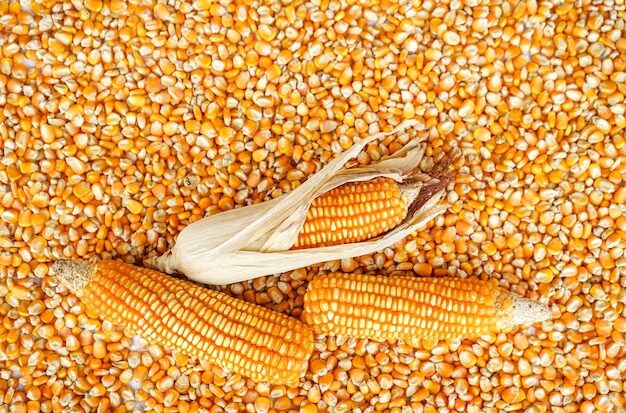
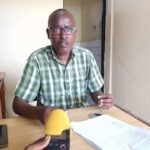

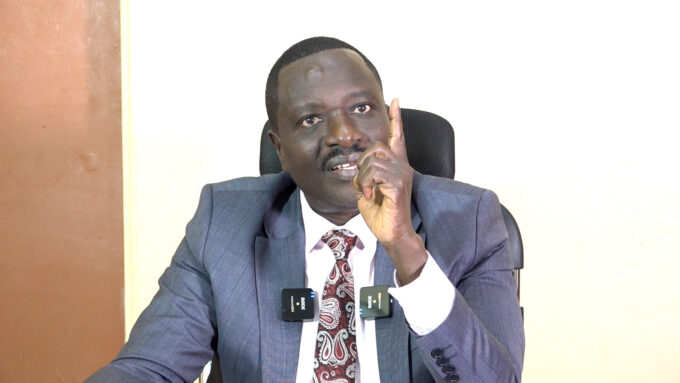
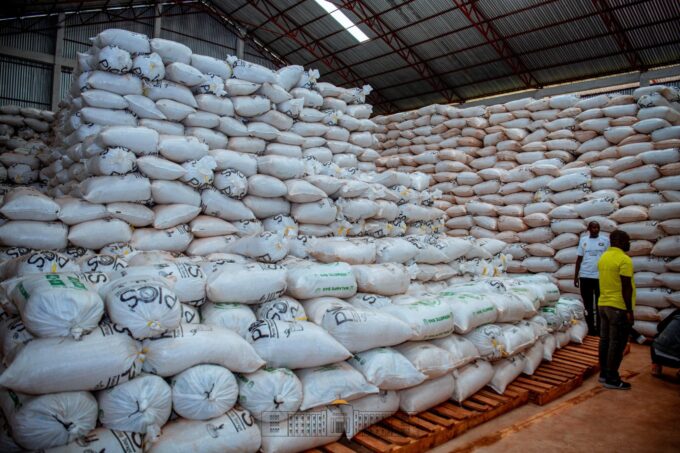
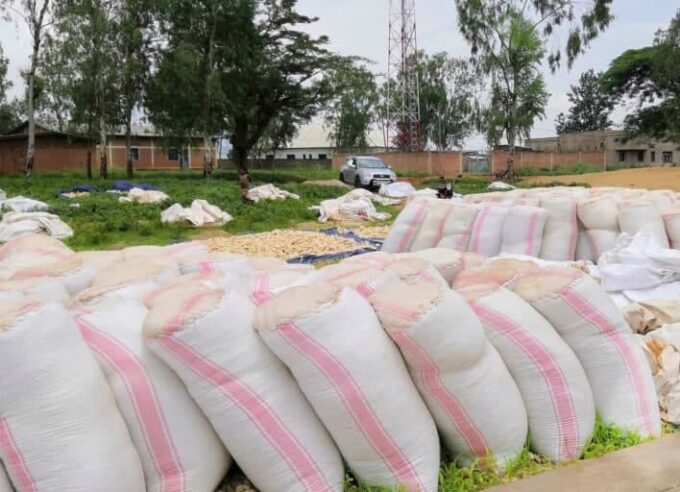
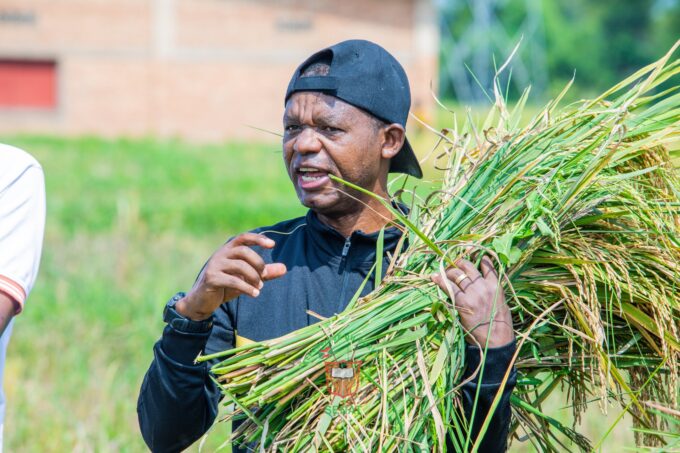
Leave a comment